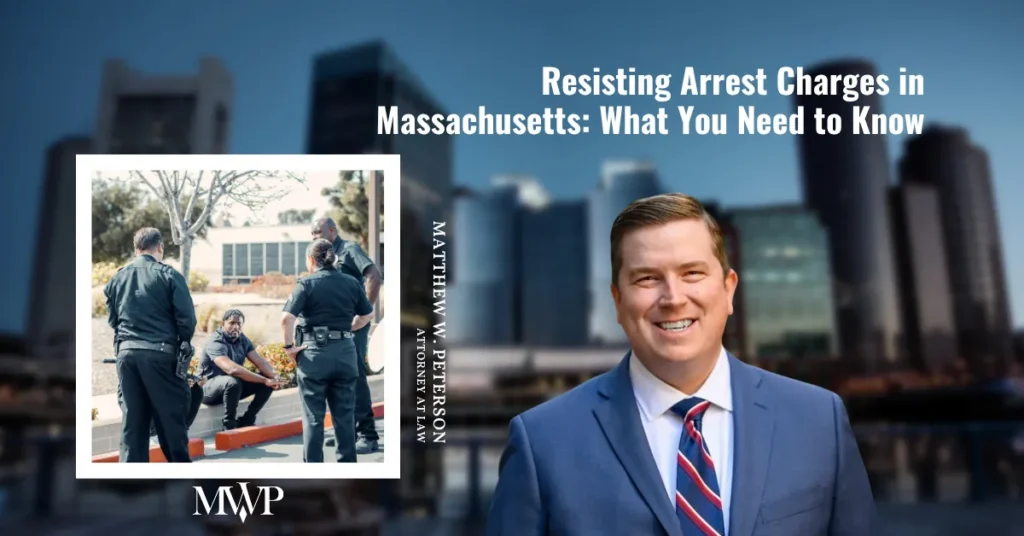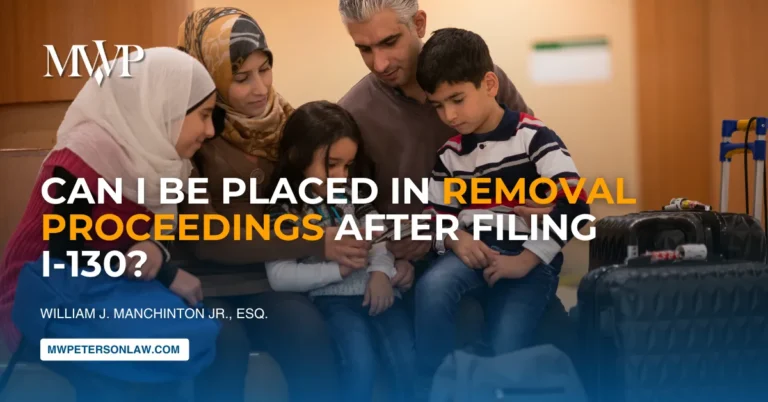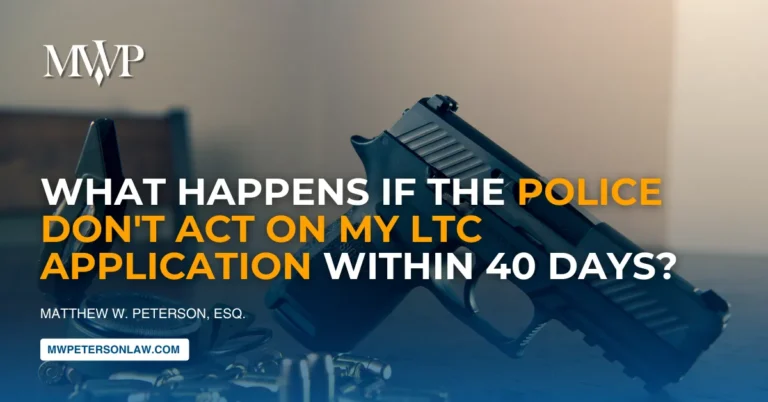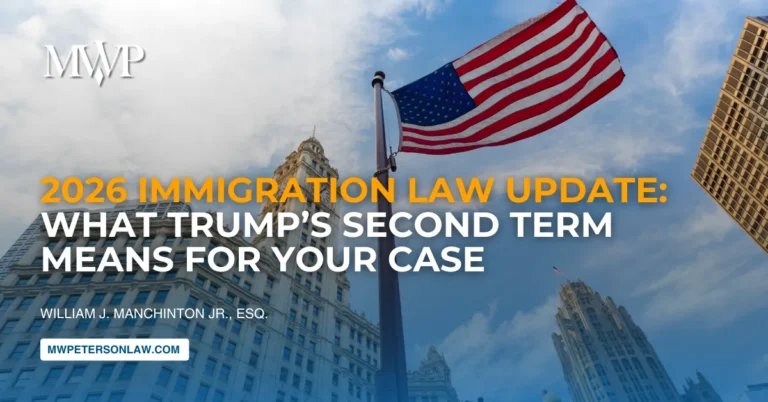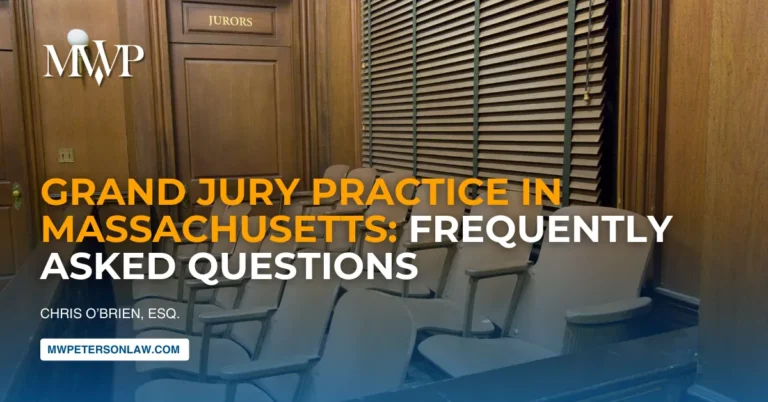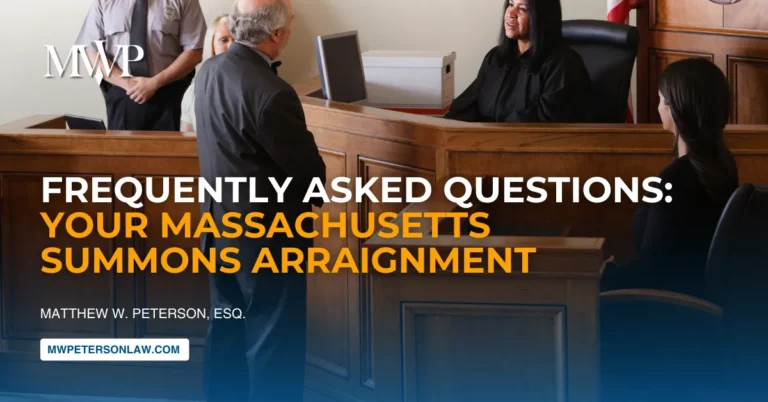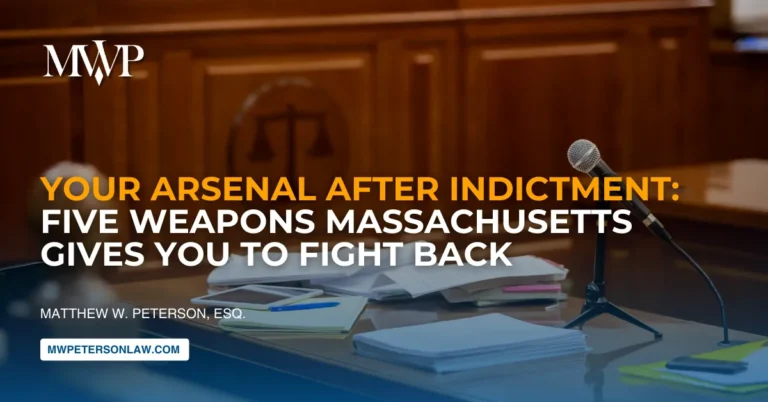Facing A Resisting Arrest Charges In Massachusetts?
If you have been charged with resisting arrest in Massachusetts, you are likely anxious and uncertain about what comes next. Resisting arrest is a criminal charge that can arise from a chaotic or tense encounter with police. This blog post will explains what resisting arrest means under Massachusetts law and discuss the legal defenses that may be available. Our goal is to inform you about the charge and reassure you that there are strategies to protect your rights.
What Is Resisting Arrest in Massachusetts?
Under Massachusetts law, resisting arrest means knowingly trying to prevent a police officer from making a lawful arrest by using physical force or other means that risk injury. The legal definition is found in Massachusetts General Laws Chapter 268, Section 32B, which provides that an individual “commits the crime of resisting arrest if he knowingly prevents or attempts to prevent a police officer, acting under color of his official authority, from effecting an arrest of the actor or another” by either using or threatening physical force, or using any other method that creates a substantial risk of causing bodily injury. In simpler terms, it’s not about whether the arrest itself was justified – it’s about what you do during the arrest.
For example, yelling or arguing with officers is not enough to be charged with resisting arrest; the law requires some physical act of opposition or a dangerous attempt to interfere. However, physically struggling with the officer, pushing the officer, running away, or otherwise creating a risk of injury can all qualify as resisting arrest.
There are a few important points to note in this definition. First, the word “knowingly” means you must understand that the person you are resisting is a police officer performing an arrest. This usually isn’t an issue when officers are in uniform. If an officer is not in uniform, they must identify themselves by showing a badge or credentials while attempting the arrest. Lack of knowledge that you were dealing with an officer (for instance, if they did not properly identify themselves) could be a factor in your defense, because the law requires that you knew an officer was trying to arrest you.
Second, resisting typically involves physical conduct. Simply refusing to answer questions or verbally objecting to an arrest is not the same as resisting arrest in the legal sense. The law targets physical resistance – things like pulling away from an officer’s grip, fighting back, or attempting to flee the scene. Even running away from an officer who is trying to arrest you can be charged as resisting arrest, since a chase can pose a risk of injury to you or the officer.
Penalties for Resisting Arrest
Resisting arrest in Massachusetts is a misdemeanor, but that does not mean it isn’t serious. In fact, a conviction carries significant potential penalties. Under the law, a person found guilty of resisting arrest can be punished by up to two and a half years in a jail or house of correction, a $500 fine, or both. While many first-time offenders might not receive the maximum sentence, the possibility of jail time is very real.
Beyond jail and fines, having a resisting arrest conviction means a criminal record that can haunt you in the future. It may appear in background checks for jobs, housing, or professional licenses, potentially affecting your employment opportunities and reputation. In short, even though resisting arrest is not a felony, it can lead to severe consequences that make it vital to fight the charge or seek a reduction.
It’s also worth noting that resisting arrest charges often arise from incidents that involve other allegations (for example, an underlying reason for the arrest). Even if the original reason for the arrest is minor or gets dropped later, the resisting arrest charge can still stand on its own. That means you could end up facing penalties for resisting arrest even if you did nothing wrong aside from the confrontation with the officer. This is why taking a resisting arrest charge seriously is so important – you need to address it head-on to protect your future.
Legal Defenses to Resisting Arrest Charges
Facing a resisting arrest charge can be intimidating, but remember that being charged is not the same as being convicted. There are several defenses a knowledgeable Massachusetts criminal defense attorney can explore on your behalf. Below are some common legal defenses to resisting arrest charges, explained in plain language:
No Physical Resistance Occurred
One straightforward defense is showing that your actions did not meet the legal definition of resisting. If you did not use physical force or threaten the officer, and only protested verbally or remained passive, you have a strong argument that you didn’t actually resist arrest as defined by law. Simply being upset, asking “Why am I being arrested?”, or yelling in protest is not enough to convict you of resisting arrest. The law requires an attempt to physically hinder the arrest. Evidence such as witness statements or video footage might support that you complied as best you could, even if you were vocally unhappy.
Lack of Intent or Knowledge
The prosecution must prove that you knowingly resisted a known police officer. If you did not realize that the person trying to detain you was an officer (for instance, if they were in plain clothes and didn’t properly identify themselves), or if you didn’t understand that you were under arrest, you may not have had the required intent.
As an example, imagine an undercover officer grabs someone without clearly announcing an arrest – the person might think they are being attacked and instinctively push the person away. In such a scenario, the defense can argue there was no knowing attempt to resist an arrest because the person did not recognize the authority of the officer. Similarly, if the situation was chaotic or you were confused about what was happening, it might negate the claim that you deliberately tried to resist the officer.
Self-Defense Against Excessive Force
Massachusetts law recognizes that police are not allowed to use excessive force when making an arrest. In fact, the U.S. Supreme Court has held that officers may only use force that is objectively reasonable under the Fourth Amendment. If an officer uses more force than necessary – for example, continuing to hit or hurt you when you’re already subdued – you have the right to defend yourself with a reasonable amount of force to protect yourself from harm.
This principle was addressed by the Massachusetts Supreme Judicial Court in Commonwealth v. Moreira, where the court ruled that while you generally cannot resist even an unlawful arrest, an arrestee may use reasonable force to defend against an officer’s excessive force. In practical terms, this means if you only struggled because the officer was using brutal or unnecessary force, a self-defense argument could be a valid defense to a resisting arrest charge. It’s important to note that self-defense in this context has limits – the force you use must be proportionate to the officer’s aggression, and you must stop resisting once the excessive force stops.
If this defense is raised, the court will closely examine the facts, and the burden may shift to you to produce evidence of the officer’s unreasonable force. Evidence like medical records of injuries, eyewitness accounts, or video recordings can be crucial in supporting a self-defense claim.
Unlawful Arrest (Not a Defense by Itself)
A common misconception is that if the arrest was unlawful, you were justified in fighting it. In Massachusetts, an unlawful or unjustified arrest is not a legal defense to resisting arrest. In the past, people did have a right to resist an illegal arrest – even the U.S. Supreme Court once acknowledged that right over a century ago. However, that is no longer the law. Massachusetts, like most states, has eliminated the old “right to resist” an unlawful arrest. The reasoning is that disputes over an arrest’s legality should be resolved later in court, not through a physical confrontation on the street.
So even if you believe the police had no right to arrest you, you cannot legally use force to resist unless the officer was using excessive force (as discussed above). Instead, your remedy for an unlawful arrest is to fight the charges in court and potentially file a complaint or lawsuit afterwards. Important: This means that even if the charges that led to your arrest get dismissed, you could still be prosecuted for resisting arrest based on your conduct during the incident. Always keep this in mind: the safest course is to comply with the officer during the incident and let your lawyer contest the arrest’s legality later.
Mistaken Identity or False Accusation
Another defense that might apply is that of mistaken identity – basically, asserting that you were not the person who actually resisted the officer. In a chaotic scene with multiple people, police can sometimes confuse who did what. Perhaps another individual scuffled with the police, and you were wrongly singled out.
Your attorney can investigate and use witness testimony or video evidence to show that you did not engage in the alleged resistance. Similarly, if an officer overreacted to a situation, they might accuse you of resisting even when you did not – for example, claiming you “fought back” when you only moved your arms in surprise. Careful examination of the circumstances can reveal inconsistencies in the officer’s account.
Each case is unique, and the availability of these defenses will depend on the facts. A skilled defense lawyer will scrutinize police reports, body camera footage, and witness statements to determine the best defense strategy. They may also consider mitigating circumstances – for instance, if you were in a state of panic, shock, or affected by a medical condition that the officers misinterpreted as resistance. The key takeaway is that a charge of resisting arrest does not automatically mean you will be convicted of it. There are legal avenues to challenge the charge and protect your rights.
Conclusion
Being charged with resisting arrest is a serious matter, but you do not have to face it alone or feel hopeless. Understanding the law and your possible defenses is the first step in regaining control of the situation.
How the Law Offices of Matthew W. Peterson Can Help
If you are facing a resisting arrest charge in Massachusetts, the Law Offices of Matthew W. Peterson is here to help. Our firm is experienced in defending individuals against resisting arrest and related charges, and we take a client-focused approach to every case. We know that there are always two sides to every story – especially in fast-moving encounters with police – and we will work tirelessly to ensure your side is heard. Our legal team can investigate the circumstances of your arrest, gather evidence (such as video footage or witness statements), and identify the strongest defenses available in your case.
We will explain the legal process in clear terms, guide you through your options, and advocate on your behalf in court. A resisting arrest charge can feel overwhelming, but with our experience and dedication on your side, you can fight the charges and pursue the best possible outcome. Contact our office for a consultation – we are committed to protecting your rights and helping you move forward with your life.
Bibliography
- Mass. Gen. Laws ch. 268, § 32B (Resisting arrest statute)
- Commonwealth v. Moreira, 388 Mass. 596 (1983)(Massachusetts Supreme Judicial Court decision limiting the right to resist arrest).
- John Bad Elk v. United States, 177 U.S. 529 (1900)(early U.S. Supreme Court case recognizing a now-obsolete right to resist an unlawful arrest).
- Graham v. Connor, 490 U.S. 386 (1989)(U.S. Supreme Court case holding that police use of force must be objectively reasonable under the Fourth Amendment).

